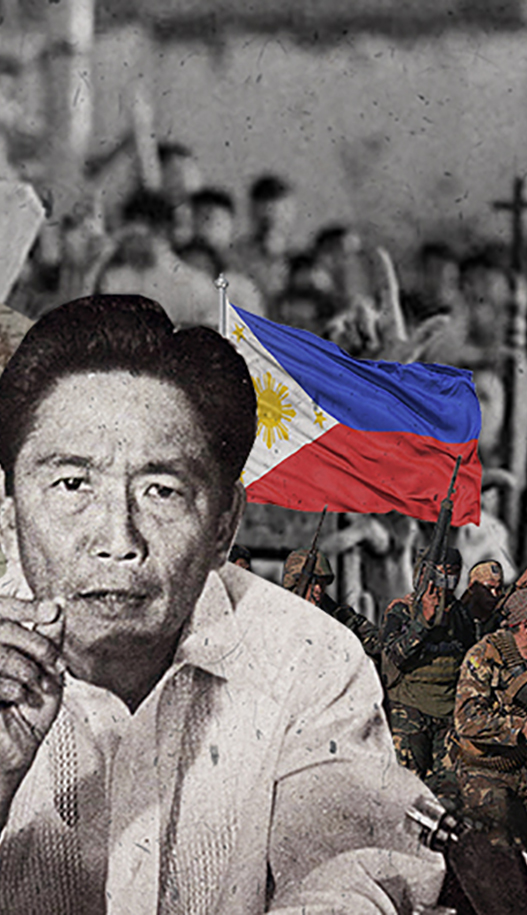

In the case of elected governments, this indicates that the representatives selected by the voting populace are no longer in charge.
#Martial law meaning in history full#
When martial law is enacted, the military may be given full or partial power over civilian-run government operations. AFSPA and Martial Law in Indiaĭue to the AFSPA’s enormous influence, a thorough analysis of the Armed Forces (Special Powers) Act (1958) and its counterpart Armed Forces (Jammu and Kashmir) Special Powers Act, 1990 requires its own separate article and is therefore out of the scope of this one.įor good reason, it is uncommon and significant for a civilian administration to impose martial law. Shivkant Shukla must never be overlooked while talking about habeas corpus and emergency (1976 SC). This privilege is a significant one under the Constitution and is frequently referred to as the “first security of civil liberty.” No place in India has ever declared martial law, however there have been declared emergencies. One cannot overstate the importance of the Habeas Corpus writ. Martial Law in India Habeas Corpus and Martial Law in India It will impose restrictions on citizens’ fundamental rights.The military commander will be in charge of making any decisions that are in the best interests of the local populace.When this law is in effect, local authorities won’t have any control over that specific area.



 0 kommentar(er)
0 kommentar(er)
